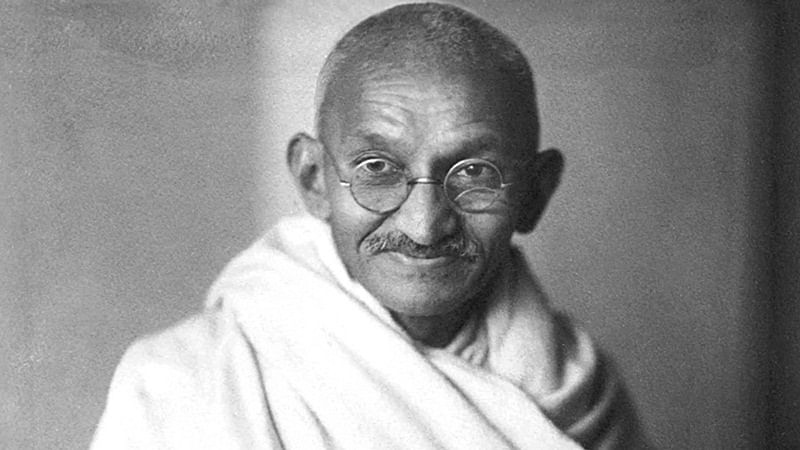JOHANNESBURG, Oct 5: Educating young people about the values and principles espoused by Mahatma Gandhi and adapting them is critical to ensure that they are used to address contemporary global issues.
That was the message emerging from presentations by Gandhian scholars from across the world at an online seminar on Friday evening, organised by the Phoenix Settlement in the South African city of Durban, where Gandhi started his “Satyagraha” theories.
The seminar was part of a five-day series of events that started on Gandhi’s birth anniversary on October 2 and will end on Sunday with the annual Gandhi Peace Walk in Pietermaritzburg, the city where young lawyer Mohandas Karamchand Gandhi was thrown off a train because he was travelling in a compartment reserved for whites only. The incident sparked his path to becoming the Mahatma through his fight against discrimination and inequality.
The event also marks the 120th anniversary of the Phoenix Settlement, where descendants of Gandhi, led by his granddaughter Ela Gandhi, guide a team that continues with social and educational projects, mainly for the impoverished community surrounding the settlement.
“We must use the settlement to educate and empower communities to do things for themselves. The settlement must continue to work as a coordinating point of fighting and enhancing racial integration as part of ensuring that we preserve the legacy of leaders such as Mahatma Gandhi (and his neighbour at the time) John Langalibalele Dube,” said Sihle Zikalala, Deputy Minister of Public Works and immediate past Premier of the KwaZulu-Natal province, in which the settlement is located.
He kicked off the discussion on how the ideas developed at Phoenix Settlement could change the world today.
Speaking on how Gandhi had initiated interfaith and inter-cultural tolerance at Phoenix Settlement despite some opposition to this, his US-based grandson Rajmohan Gandhi said his ideas offered “pathways of hope” for the society today.
“In the changing scenario of the rapidly-changing world, I will show the new model, which is Gandhian philosophy, which is travelling with time and becoming more and more enriched to solve the problems of today’s world,” said Professor Vilas Sapkal, Vice Chancellor of the MGM University in Maharashtra’s Chhatrapati Sambhajinagar.
He explained how on October 2 this year, the university set a record by having 2,500 students participating in a mass spinning exercise on “charkhas” (spinning wheels), as Gandhi did.
“We wanted to show them that by focusing heart, hand and head together, peace inspired by Satyagraha can be addressed,” Sapkal said.
Johnny Mack, the director of the World House Project, an initiative in the US that unites organisations, thought leaders and activists to address global social justice, equality and human rights issues, said the principles that Gandhi espoused remained the same, but needed to be adapted to the challenges of a new time and place.
“We must apply those principles and values; precepts, concepts and ideas about non-violence to our specific sets of circumstances,” he said as he suggested reassessing what non-violence means in this century, especially to young people today.
“It is an awesome responsibility that we have. Gandhi, (Martin Luther) King, (Nelson) Mandela and so many others provided us examples that we can follow. They gave us roadmaps that we can use as a global community,” Mack said.
Vedabhyas Kundu , who conducts workshops in non-violent communication and conflict resolution, shared how almost 300 youngsters that he had interacted with had identified areas in which Gandhian principles could be used to resolve global issues today. These included a need for cultural education not only of their own culture, but also other cultures; and living in harmony with nature and promoting simplicity and minimalism to address climate change.
Commenting on the 130th anniversary of the Natal Indian Congress (NIC) that Gandhi had initiated during his time at the Phoenix Settlement, former provincial minister Ravi Pillay said there had to be a recognition that conditions in South Africa had changed since then.
Pillay emphasised that there would be broader consultation before any decisions were taken about the future of the NIC, which later united with the African National Congress (ANC) to fight apartheid.
“We do hope that by the end of this year, a new united, progressive consensus will have emerged that will guide our future direction in the best Congress traditions and values, as we have learnt at the Phoenix Settlement,” he concluded. (PTI)


